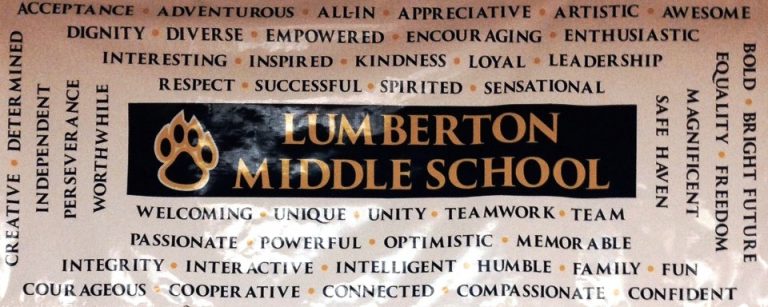Controversy isn’t over in Lumberton, New Jersey.
Days after reinstating John Green’s Looking for Alaska to Lumberton Middle School classroom libraries, Superintendent Joe Langowski is looking for new ways to keep books out of students’ hands.
At an October 22 board meeting, Langowski outlined his plan to create a “Student Educational Resource Committee," which will be comprised of the district supervisor of curriculum and instruction, the middle school principal, a librarian and a teacher, a board member, a community member, and Langowski himself. Their mission? To determine which books already in the school’s classroom libraries have ‘mature themes.’
How they will decide what constitutes a ‘mature theme,’ and what exactly they will do with these books remains to be seen.
Previous statements may offer a clue. Before reinstating Looking for Alaska, Langowski had made mention of a possible committee of this sort, one that would “look at every book…and categorize them as ‘Acceptable,’ ‘Questionable,’ and ‘Unacceptable,’” according to the Burlington County Times. He had said that those books deemed “unacceptable” would be removed.
We’re hoping they don’t go that far. We hear that Langowski is urging this new committee to consider a tiered permission slip or individual sign-out sheet to be shared with parents, and that ‘mature’ books may be segregated from the rest of the collection.
Singling out books, in and of itself, is still of considerable concern. As the National Council of Teachers of English states in its Position Statement Regarding Rating or “Red-Flagging” Books:
Lists that segregate books into artificially-created categories based on previous challenges give a biased perspective, casting a negative light on listed books regardless of their literary worth, stoking unnecessary alarm over their content.
…
Rating books by emphasizing the “mature” content in particular books or creating a list of previously banned or challenged books will likely encourage additional challenge and stimulate continuing controversy.
Indeed, instead of giving books a scarlet letter, we recommend that Lumberton School District encourage teachers to explain to parents how and why they select certain materials for their classroom libraries and what educational purposes these materials serve for their children. Focusing on the educational criteria for material selections would provide a meaningful, sound, and defensible way to evaluate books.
Stay tuned.


